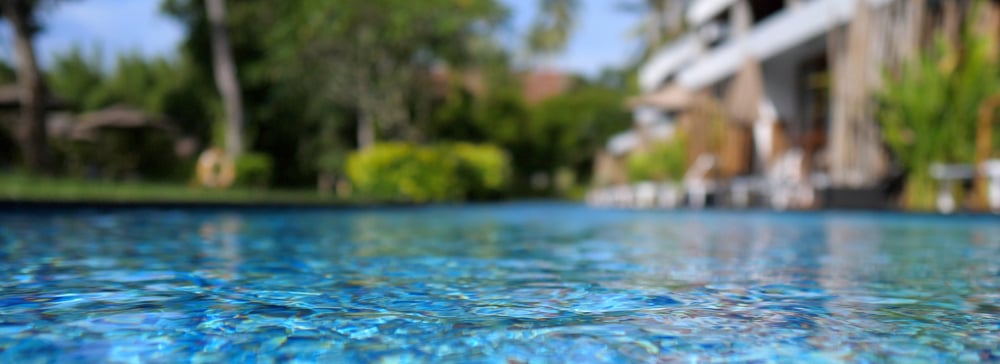Table of Contents
The hot Florida weather makes access to a swimming pool more like a necessity than a luxury. Many private homes have pools, and so do apartment complexes, hotels, motels, and private clubs. Unfortunately, swimming pools can be hazardous, especially when the owners or operators do not take due care to prevent conditions that could be dangerous to pool visitors.
When negligence may have contributed to a drowning, near-drowning, or other swimming pool accident that injured you or a loved one, you should speak with a skilled premises liability attorney from Kogan & DiSalvo. A seasoned Delray Beach swimming pool accident lawyer could review the facts and circumstances of your case and advise whether you have a viable claim of negligence. If so, you may be able to seek money damages to compensate for your injuries.

Statutes of limitations restrict the length of time an injured person can wait before filing a lawsuit. When the lawsuit involves a claim seeking damages for personal injuries, Florida’s statute of limitations is generally two years from the date of the injury. If death results from an accident, the family typically has only two years from date of death to bring a wrongful death lawsuit. There are exceptions to these deadlines.
Because of this deadline, it is unwise to delay deciding whether to pursue damages. Additionally, valuable evidence may be lost with the passage of time, witnesses may become unidentifiable, or their memories may fade. Generally, delay frequently results in a weaker case. Fortunately, a diligent attorney in the area could help someone file their swimming pool accident case within the statutory deadline.
A claimant in a swimming pool accident case must show that someone else’s negligence contributed to the incident that led to their injury. To prove negligence, a plaintiff must show that the defendant had a duty and breached it, and that the injured party suffered actual harm because of the breach. There are some differences in how the law treats injured people depending on whether they were injured as guests in a place of business, a private home, or were trespassing.
The owners and operators of facilities that are open to the public, such as hotels, private clubs, and municipal pools, have a clear duty to keep their premises reasonably safe. They must warn of any hazards, anticipate conditions that might be dangerous, and repair unsafe conditions within a reasonable timeframe. An injured person must demonstrate that there was a dangerous condition that the owner or operator knew about or would have known about with reasonable care and that the plaintiff was injured as a result of the dangerous condition.
Swimming pool accidents frequently have several causes that may result in injury to an unsuspecting person. For example, a Delray Beach lawyer could investigate a diving accident and near-drowning at a hotel pool and find that an inadequately trained lifeguard, improper diving board placement, and inadequate signage all contributed to the swimmer’s injuries. The injured person could claim negligence against the hotel owner who hired the lifeguard, the contractor who installed the diving board, or the pool manager responsible for warning about hazards.
If an individual’s pool was installed after the year 2000, Florida’s Residential Swimming Pool Safety Act (RSPSA) applies. This law, Florida Statute Chapter 515, requires residential swimming pools to have at least one of several enumerated safety features to prevent unauthorized or unsupervised entry into the pool. These features include a safety cover, a barrier, self-latching gates, and alarm systems.
Failure to have one of these features is a second-degree misdemeanor, and in the event someone injures themselves in the pool, the lack of a safety feature may be considered negligence per se. This means that an attorney would not have to prove that the pool owner breached a duty to the injured person, but only that the defendant did not comply with the RSPSA, and someone suffered an injury because of this failure to follow the law.

Drownings, near-drownings, and other swimming pool accidents often have devastating, life-altering consequences. If negligence contributed to such an accident, the at-fault parties should be held accountable. If your family has experienced an accident of this nature, call on a compassionate swimming pool accident attorney at Kogan & DiSalvo to guide you through the process of seeking compensation. Schedule a consultation with a Delray Beach swimming pool accident lawyer for a free case evaluation today.
If you are injured and unable to come to us,
our attorney will come to you - there is no charge for us to do so.